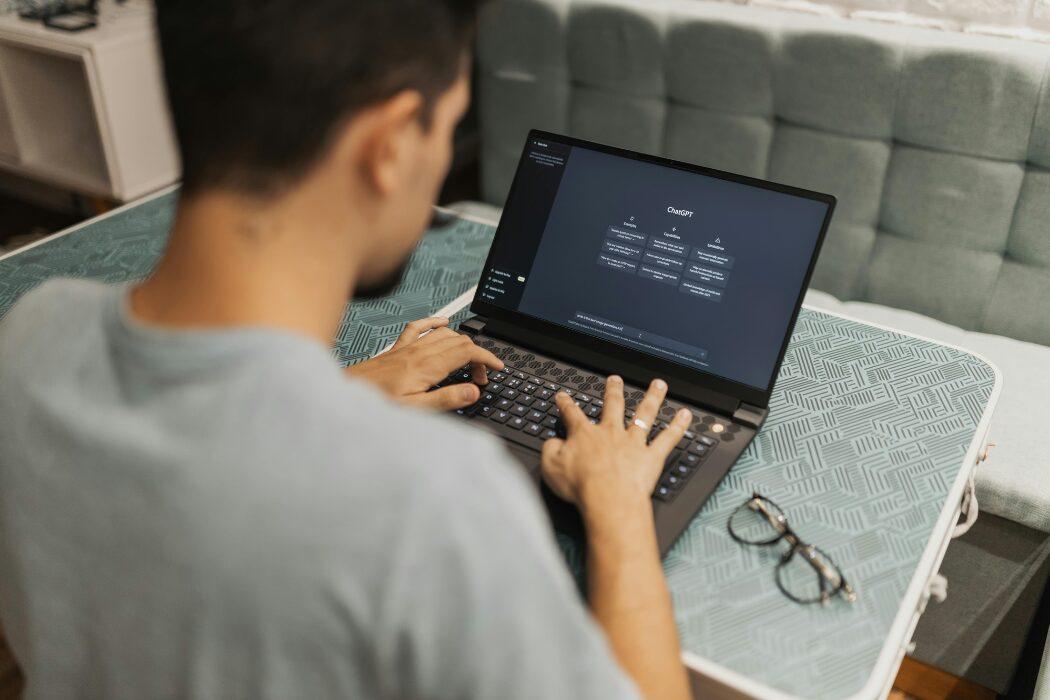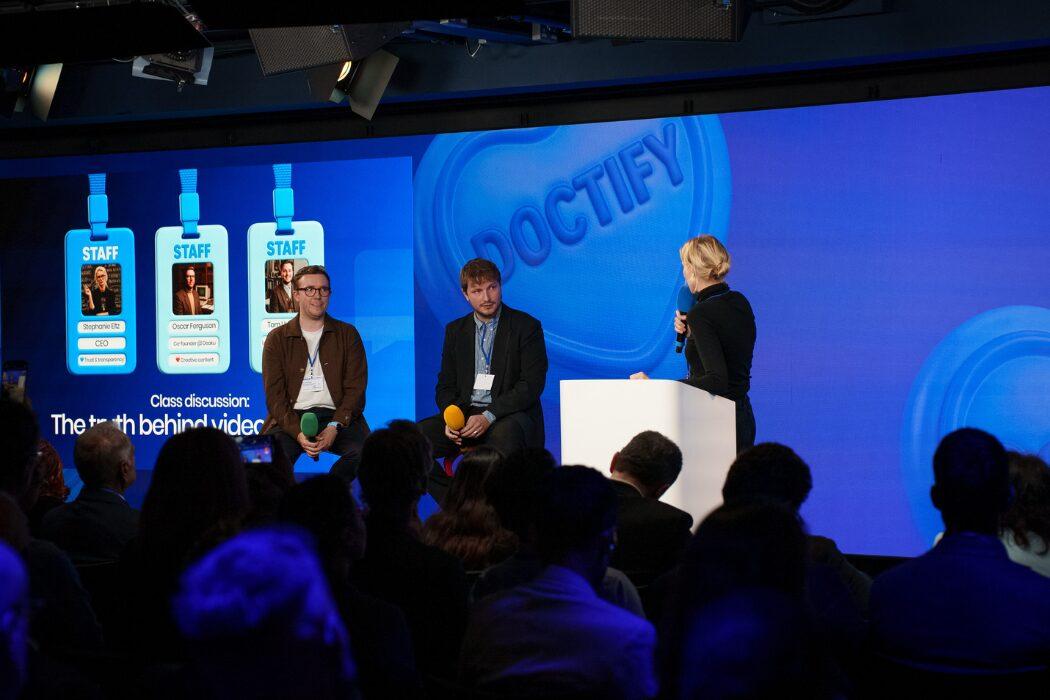Yes, here’s yet another article about Video Consultations. It’s the talk of the season! And rightly so. Due to recent circumstances, transitioning towards telemedicine was inevitable and had it not been for the severity of the Coronavirus, it probably wouldn’t have happened for another couple of years. This is a boon for the healthcare industry.

We all knew e-consultations were generally available and there were GP Apps that offered this service even prior to the Covid-19 crisis. But it’s no longer restricted to GP – All healthcare professionals from Dentists to Physiotherapists to Surgeons are now having to perform Video Consultations as part of their practice.
More than a thousand secondary care specialists have adopted our video tool and many more are showcasing their video services on Doctify also. So we felt we were in a unique position to give you a unique insight into how the sector has rapidly adapted from consultants to large hospitals.
What’s great to see is our specialists are actually enjoying performing video consultations and better yet, patients are loving this alternative!
We interviewed a few of our specialists, across different specialties, to get their take on e-consultation alternatives and the impact it has had on their practice(s), specifically during this crisis, and we’d like to share their experiences through this short article.
Adopting Video Consultations
Our specialists took the step to adopt video consultations as they were looking for an alternative method to continue delivering their medical service to their existing patients and maintain contact with patients. What was important is being able to offer a better quality of consultation, compared to say telephone consultations, and have the means to make it more interactive, offer a personal touch and also have the means to discuss scans and documents over a screen-share.In particular during these unusual times it has proved a fantastic way to help reassure anxious patients.
New Normal, New Benefits
New video options have had a number of benefits to specialists and their practices. It has allowed them to triage patients safely, conduct initial consultations and minimise unnecessary travel, consult patients irrespective of where they live and reside.
Mr Ian Currie, Consultant Gynaecologist, has simply found it a great way to keep busy and focused during lockdown but also a way to reassure some of his anxious patients.
Ultimately, it gives professionals much more flexibility to manage their weekly diaries and they can decide to see patients at home or at clinics/hospitals.
Our specialists now host e-consults 4-5 times per week. Whilst some specialists like Mr Cheyne Voss at TenPhysio hosts over 35 consultations a week via video. Think about how much time the same number of consultations will have taken up, if done face-to-face! The efficiency gains will no doubt allow clinicians to really focus valuable face to face time for those patients that need it most.
Assess, learn and just.. try it!

It’s never seamless or easy switching to a completely different way of consulting. All our specialists needed to educate themselves on the different video tools and software available to them, choose their software and make sure they had the relevant technology and plug-ins installed and finally practice using the software to ensure everything would run smoothly with the patient.
Mr Nicholas Ferran also practiced and ensured that he was prepared to conduct examinations of patients’ shoulders through video.
If you’re unsure about using video consultations or you are reluctant to start performing them, our specialists recommend that you speak to your friends/colleagues to get their feedback and “just try it”! Just start using it and notice the impact it has on your patients – they’re anxious even today to travel to a hospital or clinic for appointments.
Some friendly tips from our experts…

To help you set up and conduct successful video consultations:
- Dr Usha Sharma (GP) – “Important to inform the patient if you are taking notes and check the patient is comfortable” on a regular basis
- Dr Helen Brough (Paediatrics) – “Confirm that the patient is happy to proceed with the video consultations and request the parent to help you perform examinations (eg. feeling for lymph nodes)”
- Mr Ian Currie (Gynaecologist) – “Imagine your patient is face-to-face, look professional and ensure you are not interrupted”. He suggests perhaps leaving a sign outside your consultation room.
- Mr Nick Ferran (Orthopaedic Surgeon) – Ensure you have a comfortable headset and good lighting so patients can see and hear you clearly. It’s also important to “adapt your clinical examinations as you won’t be able to be hands on”
- Mr Cheyne Voss (Physiotherapy) – “Set your room up, understand your camera angles and back drop, have your props ready. Make sure you follow up consultations with clarification on what you need them to do, including sets and reps if exercise led”
Nearly all the specialists said that without a doubt, video consultations will be a permanent addition to their practices, even beyond this crisis. Whether it is to connect with overseas or out-of-area patients or to conduct follow ups – “video is here to stay” says Mr Cheyne Voss.
With the right preparation and set up, patients are happy to be able to see their specialist through a camera and happy they don’t have to leave home during the pandemic. Our specialists have received excellent reviews from their patients who are truly appreciative of this opportunity to have ongoing care and treatment.
We would like to thank our partners for sharing their insights and feedback. If you don’t already have a solution in place, we encourage all health professionals to adopt them now as it’s definitely a feature of the future!




